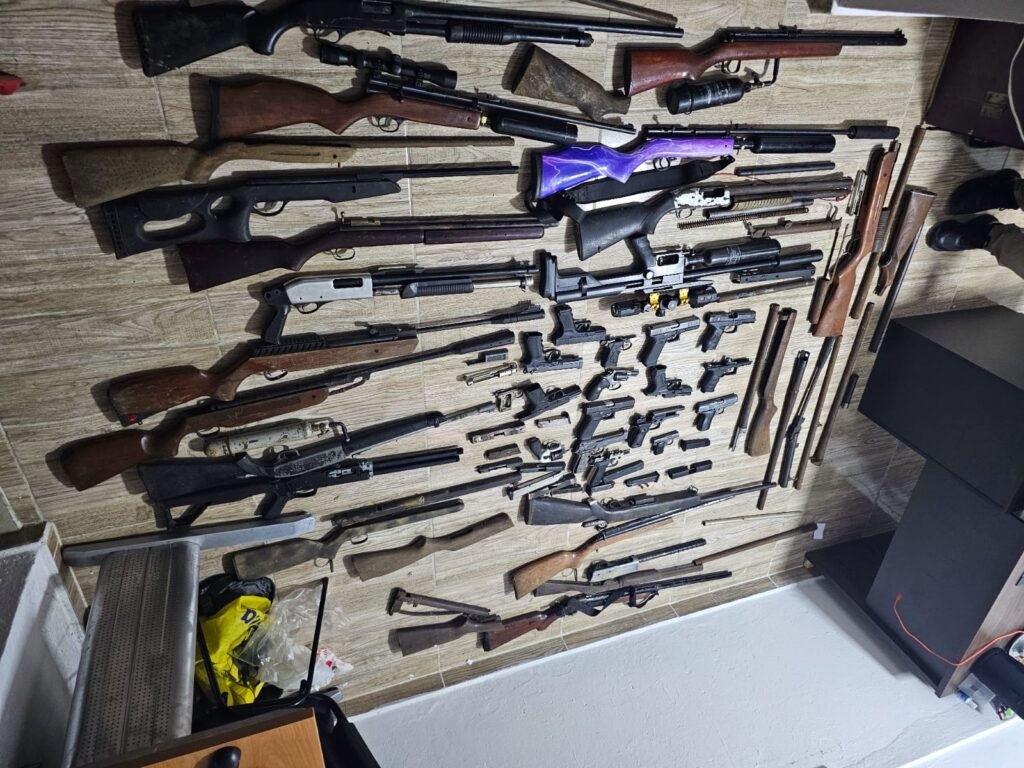Speaking in a Security Council debate, Ebo noted that small, lightweight weapons manufactured today could fuel tomorrow’s conflicts and that, while regulatory frameworks exist for their use, enormous difficulties persist in implementing them.
The continued expansion of this phenomenon is both a symptom and a determining factor in the multiple security crises we face. The widespread availability underscores the urgency of addressing the consequences of illicit weapons, whose reach is considerable, he stated.
He also indicated that mechanisms exist for their control, such as the adoption in 2023 of the Global Framework for the Management of the Life Cycle of Conventional Ordnance, designed to prevent the diversion of arsenals and accidents in military depots.
She also mentioned the Fourth Review Conference of the Programme of Action on Small Arms and Light Weapons, held in 2024, where states reaffirmed their commitment to curbing their illicit manufacture and trafficking, and agreed to create a group of experts to study new technologies applied to weapons production.
Ebo noted that 48,000 civilians died from causes related to armed conflict in 2024, 40% more than the previous year.
Furthermore, 88% of the cases of sexual violence in conflict documented between 2022 and 2024 involved the use of firearms.


